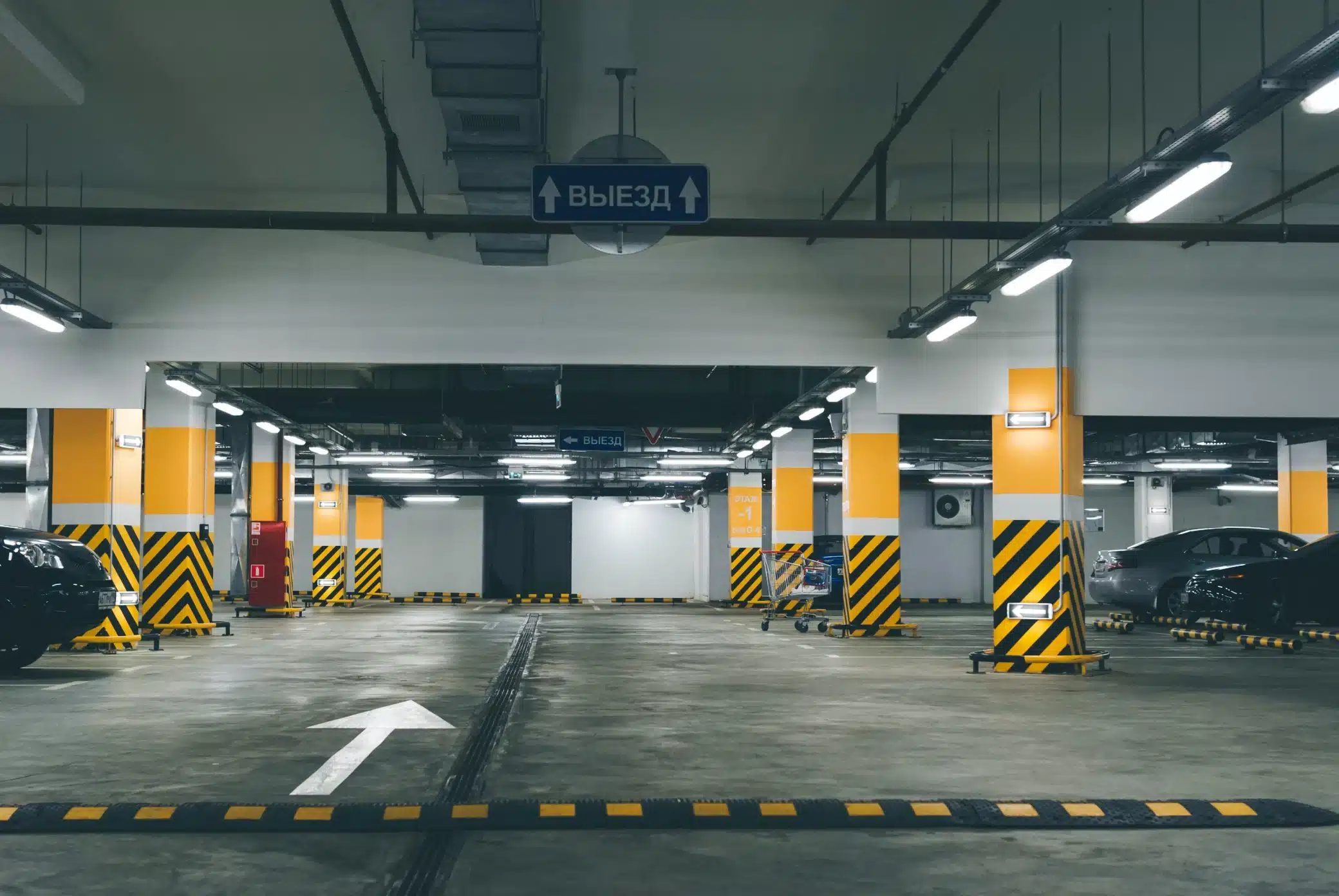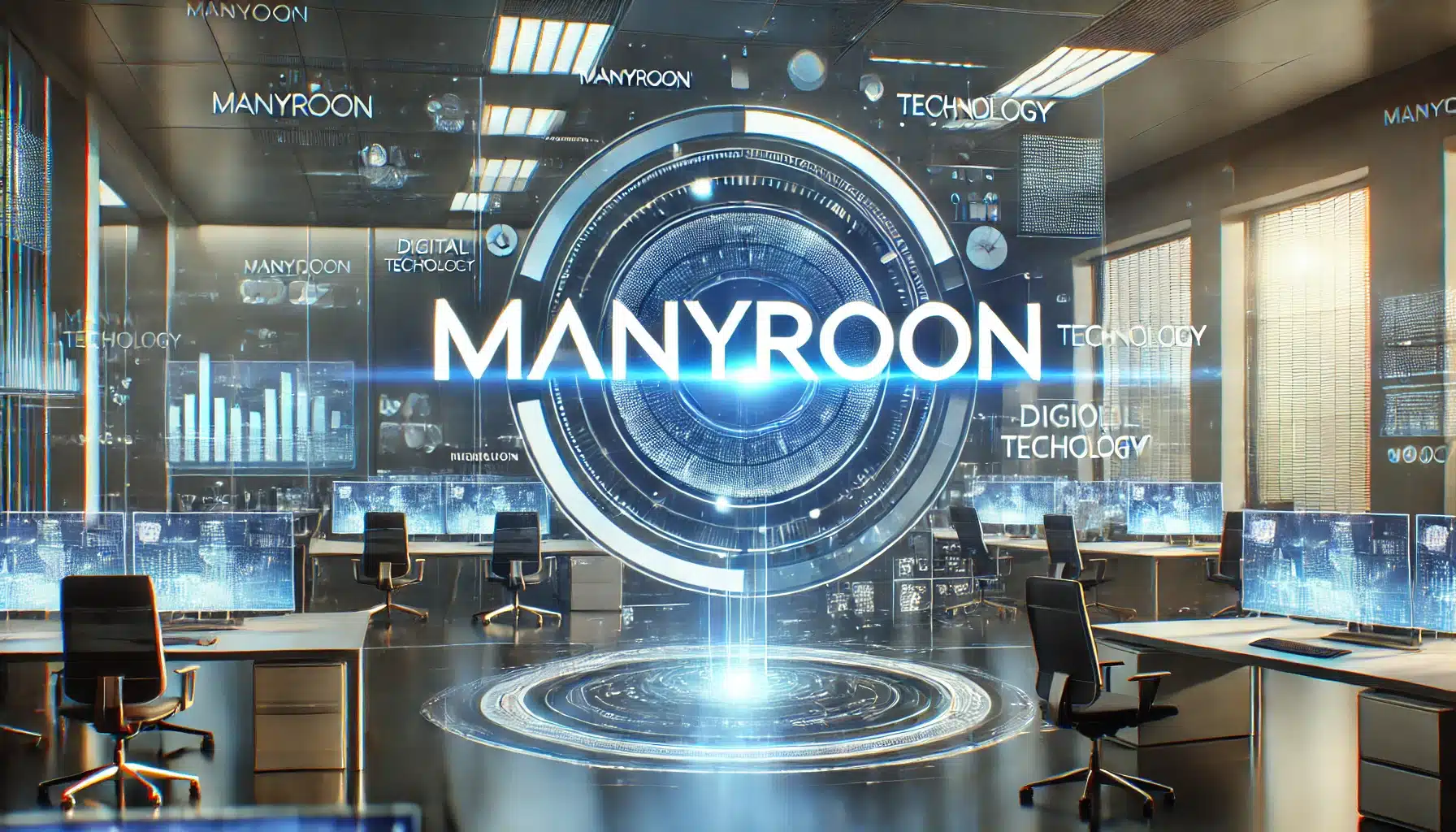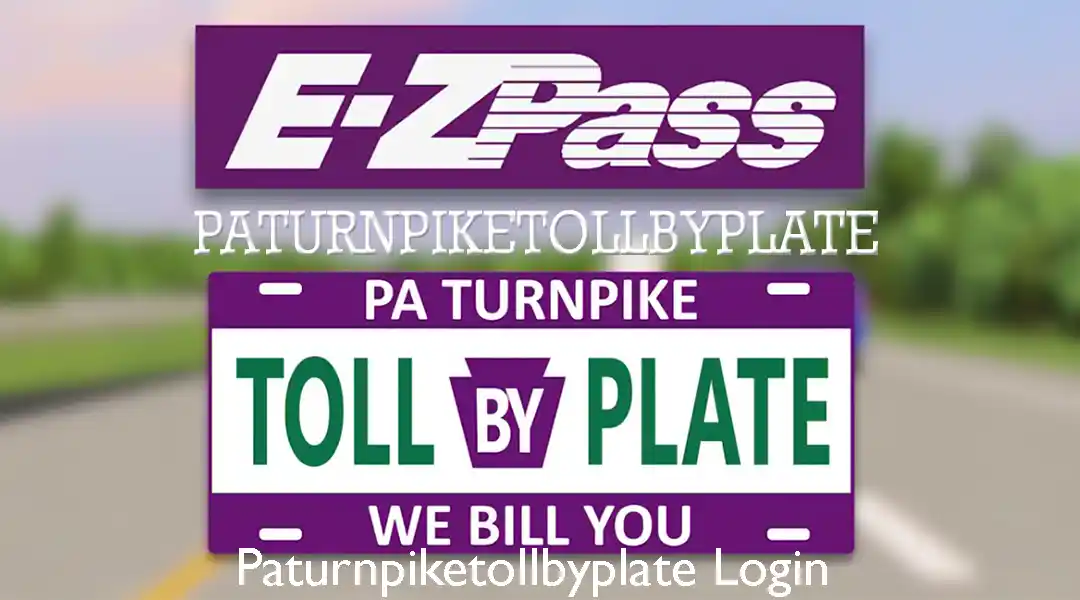Auto
Who Can Use A Disabled Parking Space?

Table of Contents
A Simple Guide
It is a somewhat tasteless joke that appears in popular culture from time to time. A person pulls up to a parking lot, only to find that the disabled parking space is the only option, and then, they get out of their car after parking it with a limp.
However, there is a bit more to legally using a disabled parking space than having a limp, and in the US, there are certain conditions that allow you to get that blue parking badge in the first place. So, if you have recently become injured or have received a diagnosis of a chronic condition, will you be able to use a disabled parking space? Read on to find out!
Mobility Impairments
There is an episode of House MD where House, who walks with a cane, gets into a debate with a new doctor working at the hospital, who uses a wheelchair, about who should have the disabled parking spot. Indeed, one of the disabled parking bay rules is that individuals who have difficulty walking due to an injury, disability, or medical condition will likely be able to qualify for a disabled parking permit and will, therefore, be able to use the parking space. This can apply to issues like arthritis, paralysis, strokes, orthopedic issues, or, in the case of Dr. House, an infarction in the leg!
Cardiovascular Issues
There are some cardiovascular or heart conditions that can impact mobility. These include cardiac disease and heart failure. Certain medications can also cause issues with the heart and may allow you or your relative to get access to the blue badge. If you have recently had a heart attack and are going through physiotherapy to help you walk, you may be temporarily entitled to use the disabled parking space.
Respiratory Conditions
Next on the list are chronic or short-term respiratory disorders, also known as breathing ailments, that impact a person’s ability to walk. These can be chronic obstructive pulmonary disease (COPD), respiratory failure, some types of lung cancer, and even severe asthma. The severity of any breathing issue will need to be examined before you get the blue badge to use a disabled parking space.
Visual Impairments
If you have issues with your vision or fall on the spectrum of being blind, then this can impact your ability to drive a car. So, you will likely be able to use a disabled parking spot. Consider, however, that many states will require those who are blind to have a carer drive for them, solely due to safety, and they will be able to use the disabled parking spot.
Neurological Conditions
There are many neurological conditions that can allow someone to use a disabled parking space, including (but not limited to) multiple sclerosis, Parkinson’s, strokes, and even brain tumors. Again, the severity of the issue will need to be explored by a medical professional before you get the permit.
Temporary Disabilities
Some states in the US will also allow you to have access to disabled parking spaces if you are recovering from surgery or an injury that impacts your ability to walk. Some of these include New York, Ohio, California, Maryland and Virginia.
Auto
All You Need to Know About DMC001881: The Versatile Lug Nut Cover

Table of Contents
DMC001881 is a chrome-plated plastic lug nut cover, specially designed to enhance the functionality and appearance of vehicles, particularly semi-trucks and heavy-duty vehicles. It serves dual purposes: improving vehicle aesthetics and protecting lug nuts from damage caused by dirt, moisture, and wear. This simple yet effective component is a must-have for maintaining your vehicle’s wheels in top condition.
Key Features of DMC001881
- Material Composition DMC001881 is made from ABS (Acrylonitrile Butadiene Styrene) plastic, known for being lightweight yet highly durable. The chrome-plated finish not only makes it visually appealing but also adds an extra layer of protection against environmental elements.
- Design The cover is tailored to fit 32mm or 33mm hub-piloted lug nuts, a standard size for most semi-trucks. It includes an interlocking clamp system that ensures a secure fit without the need for exposed threads. The sleek chrome finish adds a polished look to the vehicle’s wheels.
- Compatibility This lug nut cover is universally compatible with semi-trucks and other heavy-duty vehicles that use hub-piloted wheels. Its design ensures easy adaptation without requiring any significant modifications.
- Protective Functionality Besides its aesthetic benefits, DMC001881 plays a crucial role in protecting lug nuts from dirt, debris, and moisture. By shielding these critical components, it reduces the risk of rust and corrosion, which can compromise the safety and efficiency of your vehicle.
Benefits of Using DMC001881
- Improved Vehicle Aesthetics With its glossy chrome-plated design, DMC001881 instantly upgrades the look of your vehicle. Whether you’re managing a fleet of trucks or just want your personal heavy-duty vehicle to stand out, this cover adds a touch of professionalism and style.
- Durability and Longevity Designed for tough road and weather conditions, the DMC001881 cover is built to last. Its resistance to rust, scratches, and environmental wear ensures that it remains in good shape even after prolonged use.
- Ease of Installation Installing DMC001881 is straightforward. Its interlocking system allows you to snap it onto the lug nuts without the need for special tools or exposed threads. This feature saves time and eliminates hassle during installation.
- Cost-Effectiveness This lug nut cover is a budget-friendly way to enhance and protect your vehicle. Its durability means fewer replacements are needed, making it a practical investment in the long run.
Applications of DMC001881
- Commercial Trucks DMC001881 is a popular choice in the trucking industry for maintaining both functionality and aesthetics. It is frequently used on long-haul trucks to ensure the wheels look clean and professional.
- Heavy-Duty Vehicles Industrial vehicles operating in challenging environments benefit from the durability and protection provided by this cover.
- Fleet Maintenance Fleet managers use DMC001881 as a cost-effective solution to standardize the appearance of vehicles while protecting critical wheel components.
Maintenance Tips for DMC001881
- Regular Cleaning To maintain its chrome finish, clean the lug nut cover regularly with a soft cloth and mild detergent. Avoid harsh chemicals that may damage the plating.
- Routine Inspection Periodically check the covers for cracks or signs of wear. A secure fit is crucial to ensure the cover continues to protect the lug nuts effectively.
- Replacement If the cover becomes damaged or no longer fits securely, replace it promptly to maintain both the appearance and functionality of your vehicle’s wheels.
Conclusion
DMC001881 is a practical, affordable, and stylish solution for anyone looking to protect their vehicle’s lug nuts while enhancing its overall appearance. Whether you manage a fleet of commercial trucks or own a single heavy-duty vehicle, this lug nut cover offers unmatched value through its durability, ease of installation, and protective capabilities. By investing in DMC001881, you’re not just improving your vehicle’s look—you’re ensuring its wheels stay in excellent condition for years to come.
Make the smart choice today and experience the difference DMC001881 can make!
FAQs
What is the primary use of DMC001881?
It is a lug nut cover designed to protect lug nuts from dirt and corrosion while enhancing the vehicle’s appearance.
Is DMC001881 compatible with all vehicles?
No, it is specifically designed for 32mm or 33mm hub-piloted lug nuts, commonly found on semi-trucks and heavy-duty vehicles.
Does DMC001881 require special tools for installation?
No, it features a simple interlocking clamp system that allows for easy, tool-free installation.
How durable is the chrome-plated ABS plastic material?
It is highly durable, resistant to rust, environmental wear, and scratches, making it suitable for tough road conditions.
How often should I replace DMC001881?
Replace it when there are visible cracks, signs of wear, or if it no longer fits securely on the lug nuts.
Article Recommendations
8882381346: Dealing with Spam and Scam Calls
Auto
Maintaining Your Battery Health: The Power of Trickle Chargers

Hey there, fellow car enthusiast! Have you ever experienced that heart-sinking moment when your car just won’t start? You turn the key, but nothing happens. It’s like the universe is playing a cruel joke on you, leaving you stranded and frustrated. But fear not, because there’s a hero in the shadows, ready to save the day: the humble trickle charger.
What’s a trickle charger, you ask? Well, imagine this: you’ve got this trusty steed of a car that takes you places, helps you explore new horizons, and serves as your faithful companion on life’s journey. But just like any good friend, your car needs a little TLC to keep going strong. That’s where the trickle charger comes in.
Let me paint you a picture. Picture this: you’re planning a weekend getaway with your significant other. You’ve packed your bags, loaded up the car, and you’re all set to hit the road. But when you turn the key, all you hear is the dreaded click-click-click of a dead battery. Your heart sinks, and frustration sets in. But then you remember that tucked away in your garage is your trusty trickle charger. You hook it up, let it work its magic overnight, and voila! Your car is back in action, ready to whisk you away on your romantic adventure.
Now, let’s talk about the word “deux.” It’s a fancy French word for “two,” and it just so happens to be the perfect segue into our next point. You see, when it comes to maintaining your battery health, there are deux key players: the battery charger and the trickle charger. Think of them as the dynamic duo, working together in perfect harmony to keep your battery in tip-top shape.
Ah, directories. They may not sound as exciting as a thrilling car chase or a romantic getaway, but trust me, they play a crucial role in our story. Picture this: you’re on a road trip, cruising down the highway with the wind in your hair and your favorite tunes blasting from the speakers. But suddenly, disaster strikes. You take a wrong turn and find yourself lost in a maze of unfamiliar streets and confusing signs. That’s where directories come in handy. They’re like your trusty roadmap, guiding you back on track and helping you reach your destination with ease.
Now, let’s talk about the word “interdependent.” It’s a bit of a mouthful, I know, but bear with me. You see, the relationship between your battery and your car is truly interdependent. They rely on each other to function properly, like two peas in a pod or a match made in automotive heaven. Without a healthy battery, your car simply can’t do its job, and without your car, well, let’s just say life would be a lot less convenient.
So, how exactly does a trickle charger work its magic? Well, it’s all about maintaining a steady flow of power to your battery, hence the name “trickle.” Unlike traditional battery chargers that deliver a quick jolt of power, trickle chargers provide a slow and steady stream of electricity, keeping your battery topped up without overcharging it. It’s like giving your car a gentle pat on the back, encouraging it to keep going strong.
Now, let’s dive into some practical tips for using a trickle charger effectively. First things first, make sure you choose the right charger for your battery type. There are different chargers for lead-acid batteries, AGM batteries, and gel batteries, so do your homework and pick the one that’s compatible with your setup.
Once you’ve got your hands on the right charger, it’s time to get down to business. Start by connecting the charger to your battery, making sure to follow the manufacturer’s instructions carefully. Then, plug it in and let it do its thing. Depending on the charger and the condition of your battery, it may take anywhere from a few hours to overnight to fully charge.
While you wait, take this time to give your car a little TLC. Check the oil, top up the fluids, and give it a good once-over to make sure everything’s in working order. After all, a well-maintained car is a happy car.
And there you have it, folks: the power of trickle chargers in maintaining your battery health. So the next time you find yourself facing a dead battery or planning a long stint of storage for your classic car, remember to reach for your trusty trickle charger. It may just save the day and keep your car running smoothly for years to come. Happy driving!
Auto
How Custom Wraps Can Transform Your Car’s Appearance

Table of Contents
Custom car wraps are revolutionizing the way people think about vehicle personalization and aesthetics. Unlike traditional paint jobs, a car wrap provides an array of benefits and can dramatically alter the appearance of your car with greater flexibility and convenience.
Here are the key benefits to consider if you’re looking to transform your vehicle with custom wraps:
Protection for Your Vehicle
One of the premier benefits of opting for a custom car wrap, especially when choosing a provider like Supreme Wraps Scottsdale, is the unparalleled layer of protection it offers to your vehicle’s exterior.
Not only does it safeguard the original paintwork from the ravages of road debris, sun damage, and minor abrasions, but it also provides a resilient barrier against the elements. This protective sheath effectively helps in maintaining your car’s pristine condition, potentially enhancing its resale value over time.
Completely Customizable
Car wraps are super cool because you can pick any design you want! It’s like giving your car a new outfit that shows off your style. Whether you love bright colors, wild patterns, or even pictures of your favorite cartoon characters, you can make it happen.
This is all about automotive customization, making your car look unique, just like you. It’s way more flexible than paint and you can change it whenever you get bored or want a new look.
Cost-Effective
Comparatively, a wrap can be more economical than a new paint job, especially when considering complex designs and patterns. It’s a cost-effective solution for those who wish to frequently change their car’s appearance without breaking the bank.
Quick Transformation
Getting your car wrapped is super fast! It’s like, in no time, your car looks all new and cool. Unlike paint jobs that take forever, wraps are done quickly. You drop off your car, and boom, you pick it up looking all shiny and different. It’s awesome for when you want a new look fast.
Easy Maintenance
Car wraps make keeping your car looking fresh so easy. You don’t need to do a lot. Just wash it with water and soap, and it shines like new. Plus, there’s this cool thing about wraps – they’re like a superhero shield for your car.
This shield is all about paint protection. It keeps your car’s paint safe from scratches and dust. If you get tired of the wrap or want to swap it, you can do it without a worry. Your car’s paint underneath stays perfect and unaffected.
Advertising Opportunity
Oh, and guess what? Car wraps are not just for looking cool. They are like big, moving billboards but way cheaper. Imagine driving around, and your car is telling everyone about your business. Bam! People see your stuff everywhere you go.
It’s like your car is helping you make money by just being awesome and showing off your cool business logo or message. It’s a smart way to say “Hey look at me” to lots of people without spending tons of cash.
Learn All About Custom Wraps
To wrap it up, custom wraps are a game-changer. They guard your ride, make it look sick, and don’t suck your wallet dry. Plus, you get a quick flip in style, easy upkeep, and a chance to yell about your business without going broke.
It’s all the cool bits of making your car rad without the bad parts. Go get your car wrapped and make it look like a million bucks.
-

 Travel4 years ago
Travel4 years agoThe Family of Kirk Passmore Issues a Statement Regarding the Missing Surfer
-

 Technology3 months ago
Technology3 months agoManyroon: The Key to Unlocking Future-Proof Business Solutions
-

 Cryptocurrency1 year ago
Cryptocurrency1 year agoBest Tips For Cryptopronetwork com Contact 2024
-

 Technology3 years ago
Technology3 years agoPaturnpiketollbyplate Login & Account Complete Guide Paturnpike.com
-

 Apps & Software2 years ago
Apps & Software2 years agoFapello 2023: Social Media Platform for NSFW Content
-

 Business3 months ago
Business3 months agoCoyyn.com Gig Economy: Smart Contracts and Fair Payments for Freelancers
-

 Business4 months ago
Business4 months agoAcumen: The Key to Smart Decision-Making and Success
-

 Technology4 months ago
Technology4 months agoEaton Z-SCH230/40-40 Brummt? Causes, Fixes, and Solutions






